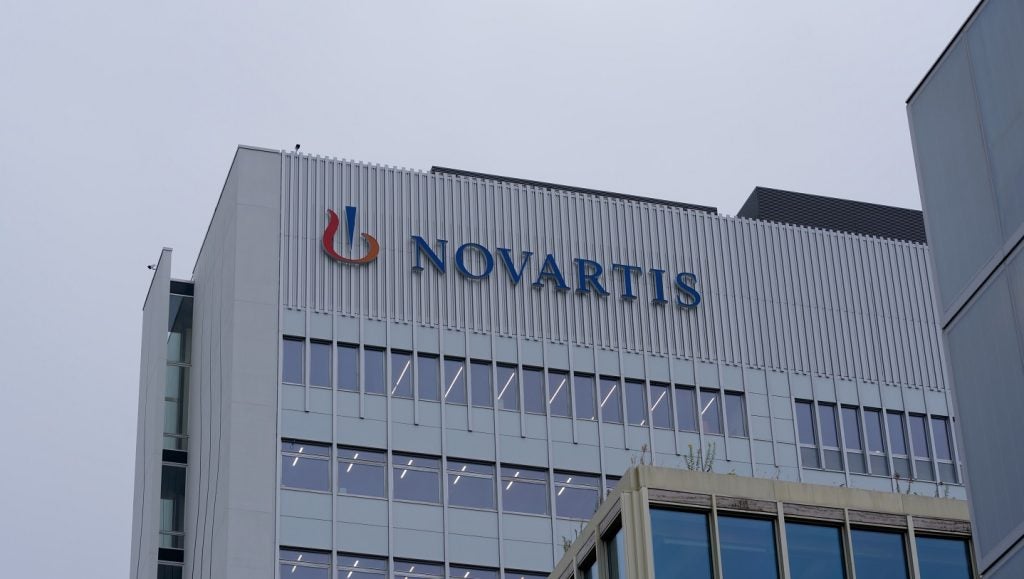
Boston-based pharmaceutical company Vertex has published promising interim analysis from two Phase III studies of a triple combination therapy of VX-445, tezacaftor and ivacaftor for cystic fibrosis.
Both trials met their primary endpoint of improvement in lung function measured by percent predicted forced expiratory volume in one second (ppFEV1).
One trial saw the triple combination cause a mean improvement in ppFEV1 of 13.8% at week four in patients with one F508del mutation and one minimal function mutation, compared to placebo.
In the other trial the triple combination led to a 10% mean change from baseline in ppFEV1 at week four in patients with two F508del mutations, compared to tezacaftor and ivacaftor combined with placebo.
In both trials, the combination therapy was well tolerated and the safety profile was in line with another Phase III trial completed in 2018.
Vertex has also seen similar positive results from a triple combination of VX-659, tezacaftor and ivacaftor. So the company is waiting for 24 week data to determine which next generation corrector drug it will include in a new drug application and marketing authorisation application it intends to file in the third quarter of 2019 to the US Food and Drug Administration and European Marketing Agency respectively.
How well do you really know your competitors?
Access the most comprehensive Company Profiles on the market, powered by GlobalData. Save hours of research. Gain competitive edge.

Thank you!
Your download email will arrive shortly
Not ready to buy yet? Download a free sample
We are confident about the unique quality of our Company Profiles. However, we want you to make the most beneficial decision for your business, so we offer a free sample that you can download by submitting the below form
By GlobalDataThe company’s chief medical officer and executive vice-president of global medicines development and medical affairs Reshma Kewalramani said: “Both the VX-659 and VX-445 triple combination regimens showed highly consistent and significant improvements in lung function across our Phase III programs, underscoring the important clinical benefit that a triple combination regimen may provide to patients with two F508del mutations and to those with one F508del and one minimal function mutation.”
The combination of tezacaftor and ivacaftor is marketed by Vertex as Symkevi. It was approved by the FDA in February 2018 and the European Commission in November 2018 for cystic fibrosis patients with either two copies of the F508del mutation or one copy of F508del mutation and one of 14 other mutations.
However, due to concerns about cost-effectiveness, the UK’s pricing regulator the National Institute of Health and Care Excellence (NICE) has not yet recommended Symkevi for use by the National Health Service (NHS).
Vertex has also failed to get another of its cystic fibrosis drugs Orkambi (ivacaftor and lumacaftor) approved for NHS use. Campaigners are now calling upon the UK Government to strip Vertex of its patent for this drug, so that generic versions can be developed at a fraction of the price.





